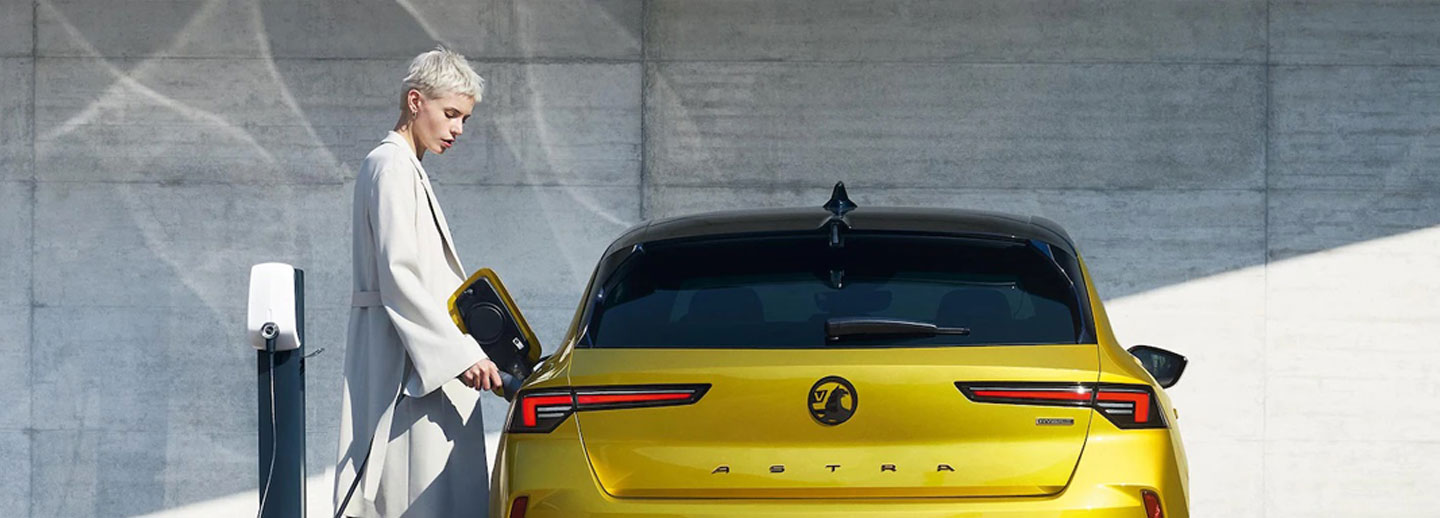What are the cons of electric cars?
There are some powerful arguments in favour of electric cars, but to give you a balanced overview, let’s take a look at the possible downsides:
1. Higher prices
For many drivers, the cost of buying an electric car is probably one of the biggest barriers to purchase. Despite the reduced emissions and the lower running and maintenance costs of electric cars, they still cost considerably more to buy up front than petrol and diesel-driven vehicles. However, this only applies to those looking at buying an electric vehicle outright. You can lower these costs by choosing a personal contract purchase or leasing option with Stellantis Financial Services.
As of 2022, some electric and hybrid models can start at £25,000 or more. However, finance options are available which can make this far more affordable by allowing you to hire or lease an electric or hybrid car and pay for it in instalments.
2. Limited range
‘Range anxiety’ is another thing that potential electric car buyers struggle with. Although it’s a legitimate concern, an electric car will comfortably meet most drivers’ day-to-day needs. This means cars like the Citroën C5 AIRCROSS SUV and Peugeot 3008 SUV Hybrid can be charged at home with no need to seek out alternative charging points. However, electric car technology is improving all the time and claimed ranges in excess of 250 miles are increasingly common.
If you are still concerned about the range of an electric car, a PHEV (plug-in) hybrid such as the DS 7 Crossback E-Tense is a great alternative option. The advantage of hybrid cars is that they do not only rely on only battery charge to power their engine.
You can charge a PHEV hybrid at a charging point like any other electric vehicle. However, unlike a standard electric vehicle, the power source will change to ICE (Internal Combustion Engine) when the battery runs flat. The ICE will continue to charge the hybrid’s battery through regenerative braking, saving you more money whilst helping you drive further.
3. Charging infrastructure
According to government statistics, as of 2022 there are now 28,375 public charging points in the UK. This number of public electric vehicle charging stations has increased by 37% from 2021. Although range anxiety is still a concern for some electric car drivers, the charging network continues its rapid growth, while smartphone apps like the one from podPOINT are making it easier to find the charging point closest to you.
4. Charging time
How long it takes to charge an electric car can vary from 30 minutes to 12 hours, depending on the model, how powerful the charger is and even how warm or cold it is, but according to podPOINT, a typical electric car with a 60kWh battery takes just under 8 hours to charge.
As with any purchase, there are pros and cons to buying an electric car. But since the government has pledged that by 2030-35, all new cars sold in the UK will be “effectively zero emission” it seems certain that the future of driving is electric.
Weighing up the pros and cons of electric cars and hybrids
It’s clear that electric and hybrid cars are the future, and government announcements around the future of manufacturing electric cars mean the majority of us will be making the switch to electric vehicles very soon.
Fortunately, the biggest barrier to entry - the current high costs of buying an electric car - can be overcome with our many electric and hybrid car finance options.




